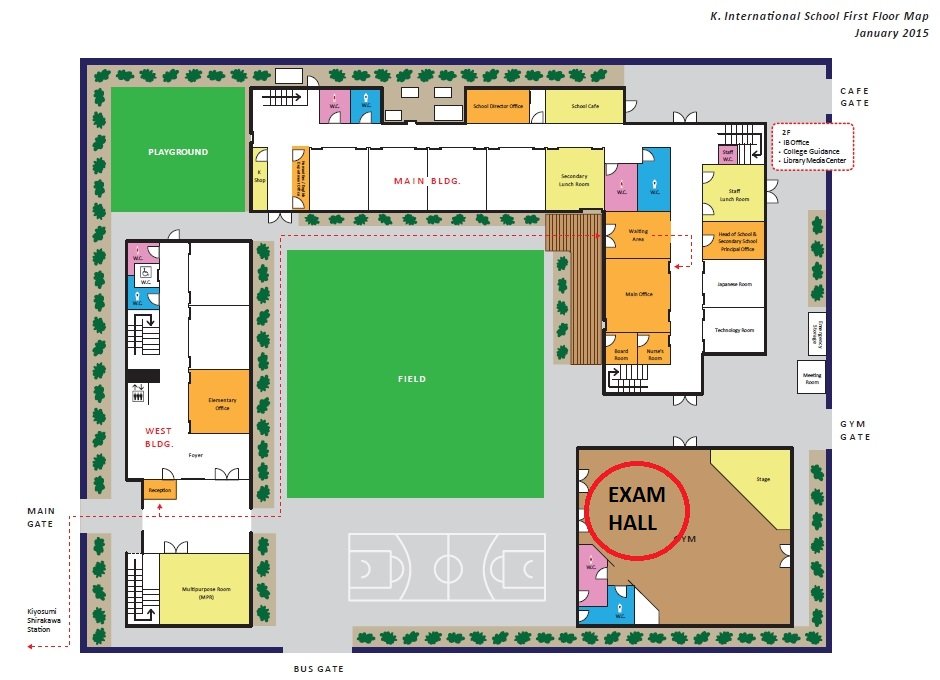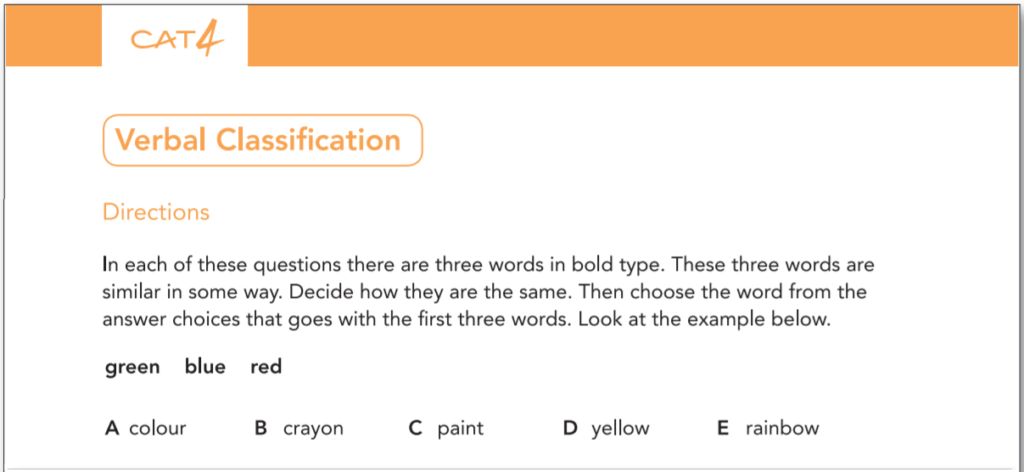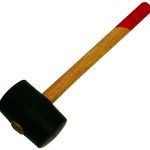CAT4 assessments are a very specific and specialized type of tool which allow schools to independently assess a students abilities. They are generally used in two circumstances but can be used at other points during a child’s schooling – there are various levels available which allow testing at different points in a child’s education.
When are CAT4 Assessments used?
- To help determine a child’s academic group – generally the results from the CAT4 are used in conjunction with the results from traditional assessments too. Many schools like to use the CAT4 results after KS1 and KS2 to help them with determining a child’s potential.
- As an entry exam which if passed at the appropriate level allows the student to register at the school.
Purpose of CAT4 Assessments
Normally the purpose of assessments are to determine what a student is learning, has learnt, or as a tool to provide further learning either through the assessment questions themselves or the mistakes they make during the assessment.
The CAT4 in this aspect is different in the sense it is not about what has or is being learnt but rather about the skills and underlying abilities of the student. These will and do develop over time but generally the results of a CAT4 provide a good prediction on the future GCSE achievements.
Developing your Child’s Abilities
CAT4 assessments measure the developed abilities of a child in the four areas that are known to make a difference in learning, exam achievement, and ultimately career success – verbal, non-verbal, quantitative and spatial reasoning. The understanding gleaned from these tests indicate success in both national and international examinations but the questions all parents ask is can CAT4 abilities of a child be developed and changed.
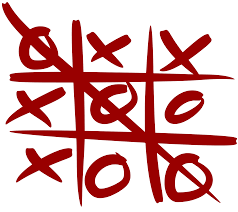
There is no right or wrong answer to this but I believe nurturing a child in these abilities is key to ensuring all their mentally capacity is developed to its fullest. The age old debate of nature or nurture continues but as parents I believe our job is to ensure our child fulfills their potential and has the opportunity to do so. So actively encouraging a child to arrange shapes and identify patterns may contribute to their performance in CAT4 assessments later in life.
These types of thinking games will help prepare our children and ensure they have the fundamental abilities to pick up domain specific knowledge. Spatial ability for instance can be developed somewhat using jigsaw, lego and building blocks – however we are yet to do the research on the effect these games have on a child’s abilities and success later in life. You may want to also check out the page on how to boost these types of skills by clicking here.
Four stages of Child Development
There are 4 distinct stages in development of children which we can look to for guidance. These cognitive stages were recognized by a famous scientist Jean Piaget in 1952;
- Sensorimotor Stage: Birth to 2 years. Children are exploring during this stage and learning about the world through their senses and manipulation of objects. It’s not always toys but any object will be fascinating to a child – just make sure its safe and non-toxic.
- Preoperational Stage: Ages 2 to 7. Imagination begins to develop and some children even have imaginary friends or make up stories. Memory develops further and the idea of past and future is understood.
- Concrete Operational Stage: Ages 7 to 11. This is when a child becomes more more aware of external events, their own feelings and the feelings of others. Empathy with other people is developed and an understanding that not everyone agrees with their thoughts and beliefs.
- Formal Operational Stage: Ages 11 and above. Here logic is used to solve problems around them – these are real world problems with real consequences and this age is ever evolving to one of more experiences and maturity.
As you can see above a child simply won’t be able develop certain cognitive skills at an early age. Some intellectual skills simply are not fully understood by a younger child in the same way as a older one. There may be certain areas in which the child excels but overall a younger child is limited in overall cognitive abilities. What can be achieved is simply introducing children to these paradigms and concepts in simple way so when they move to the next stage of development they already have some of the fundamental tools to accurately interpret their new understandings.
What effects your child’s development?
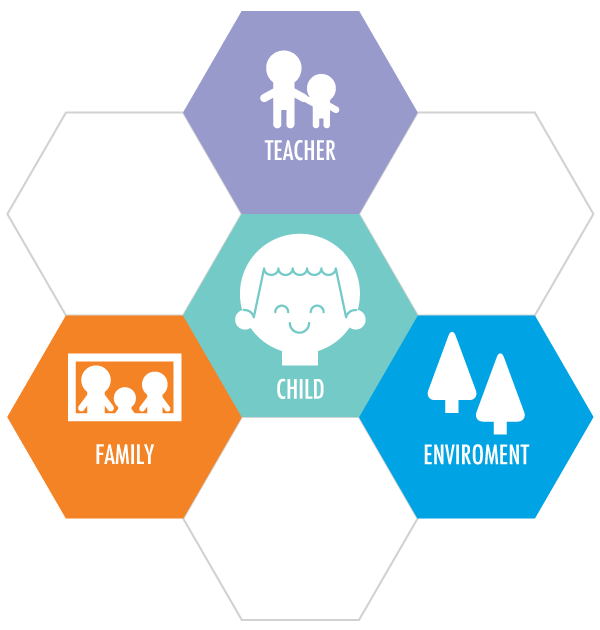
Nature or nurture – which is it? Are we born with our abilities or are they nurtured through our environment? (discussed further here). I’m with the latter and believe that a child will develop their abilities determined on the factors they are exposed to.
There is a tendency to state that children from the same family are all clever but we need to put this into context and determine if their upbringing is actually very similar which is why they turned out the same. To answer the question why one child is bright and his / her siblings are not – the same logic can be applied – this child must have been exposed to a positive influence in his / her environment or had a teacher who took a real interest.
